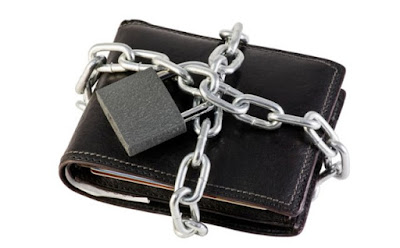Digital Content: To pay or not to pay

In the digital age, consumers are very used to getting apps and online content for free. I was listening to a free Joe Rogan Podcast on YouTube recently (irony intended). He was interviewing Sam Harris, who likewise has a very popular podcast. They were discussing their respective business models. Rogan uses an ad-based model, so his show is funded predominantly by sponsors. Harris uses more of a PBS model where you can access much of his content for free, and if you enjoy it you can subscribe to his website and pay. Harris noted an overall trend with digital content: You have Facebook on the one hand, which is just a totally free platform where the users don’t even realize that they’re not the customers, that they’re the actual product, right? The users are having their attention sold to advertisers, and it’s this enormous business. And on the other end of the digital spectrum you have Netflix, which is just a stark paywall, right, and there’s no way in but t...

